Play, Clean, Play, Repeat
If the past two and a half years have taught us anything, protecting ourselves and loved ones against viruses and bacteria is essential to our overall health and well-being. It’s not like this is new news, but the pandemic certainly helped solidify what we already knew: staying healthy is a top priority. Beyond germs and viruses, being cooped up inside for extended periods also highlighted the need to keep spaces clean and tidy. Everyone seems to feel better when a home is organized and clean. That goes for both children and adults.
The Importance of Post-Play Cleanup
Everyone knows children’s toys can be teeming with germs if not cleaned and cared for properly. When it comes to preschool children's playtime, toys and cleaning, it’s a good idea to start a great routine with young children and show them that cleaning is important – and it can be fun, too!
Getting toddlers involved in the cleaning process helps them develop a sense of responsibility. As a parent, it’s easy to pick up after your child at a young age, but they will learn to expect it. As they get older, they’ll think cleaning up playrooms, washing toys and organizing play areas is just something that ‘gets done’ for them. The sooner you can teach them they are responsible for their toys, the better.
Turn Up the Volume on Cleaning
Getting preschoolers involved in post-play cleanup helps everyone in the long run. Here are some ways to teach good after-playtime habits and make cleanup fun:
Set good examples
Children naturally mimic what adults do. If you’re cleaning and tidying up the playroom, encourage them to help out. Providing them with a small spray bottle (just a few teaspoons of white distilled vinegar diluted with water for safety) to get them involved in the action. Demonstrate wiping down surfaces and cleaning toys before they go into the basket.
Build toy bath time into playtime
Set a timer for 5 minutes before playtime ends and let kids know it’s time for the toys to take a bath. Allow them to select a few non-porous toys and fill a small container with warm water and soap. Let them give their favorite toys a swishy bath, dry them and then ‘put them to sleep’ until the next playtime.
Give straightforward directions
For most toddlers, saying pick up your toys or please clean the playroom is too broad and overwhelming. Break the task down into small, manageable sections. For instance, ask them to pick three toys up off the floor. Not only does this give them clear, easy direction, but it also introduces numbers. Also, call toys by their name. Using specific language instead of broad terms can help them identify objects more easily. For instance, you can say, please pick up the blue whale from the floor and put it in the green basket, instead of pick up the toy and put it in the basket.
Make the clean = healthy connection
Explain how staying clean keeps us healthy. It's never too early to introduce the concept of clean habits to young children. Just as they care for their bodies by washing hands, brushing teeth and bathing, teach them that objects also need a clean routine. You can even demonstrate how dirt works by using a wash-off marker. Take a plastic toy and put a small mark on it. By asking your child to wash it off, you're teaching that when things get dirty, we need to wipe them clean.
Always praise good cleaning behavior
As children age, setting expectations for keeping their room, toy area, and personal spaces clean should be a part of their daily routine. You can use a reward system or a verbal reminder daily that items need to be taken care of and cleaned regularly. In the end, giving them praise for keeping areas neat and clean. Need to make it more fun? Pick a favorite clean-up song! Play music that they can clean along – and maybe even dance to – to make the idea of cleaning seem less like a chore and more like a fun activity. Something about music always makes everything seem lighter and more joyful.

